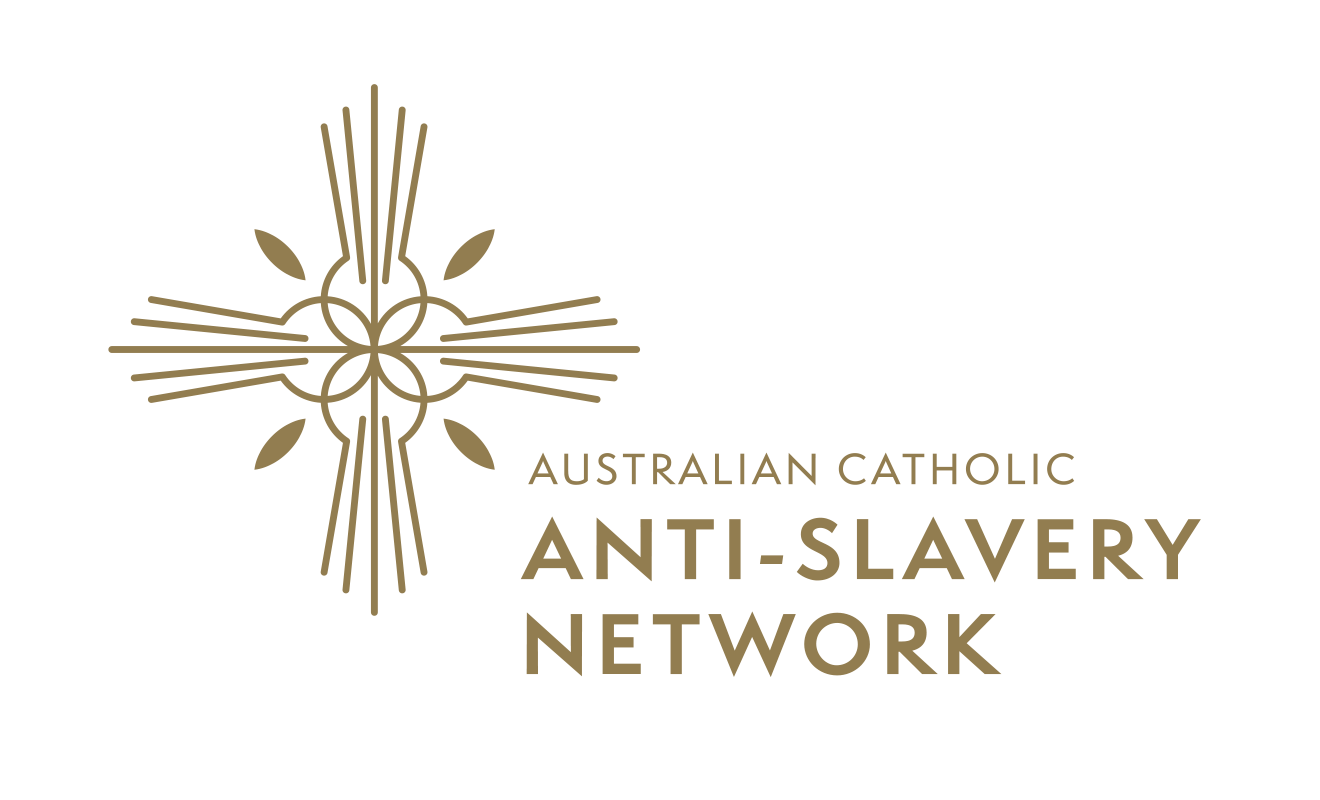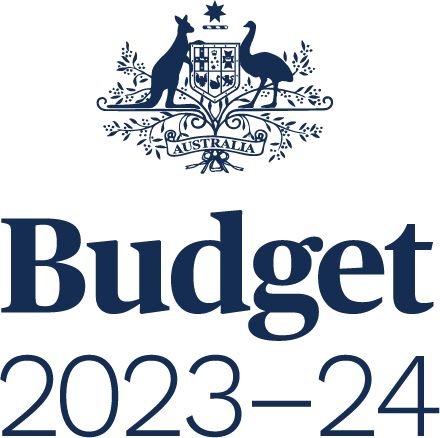Anti-Modern Slavery Budget Measures
The Australian Government has expanded its response to modern slavery by additional funding measures included in the Commonwealth Budget 2023 – 2024.
This budget will provide $8 million over 4 years from 2023–24 (and $2 million per year ongoing) to establish an Anti-Slavery Commissioner. The Commissioner will work across Government, industry and civil society to:
help fight modern slavery in Australia and abroad
support compliance with the Modern Slavery Act 2018; and
improve transparency in supply chains.
This important announcement is included within the Attorney General’s (AG) Department budget. The AG’s is currently coordinating a Review of the Modern Slavery Act conducted by Professor John MacMillan, AO. The AG also has carriage of the National Action Plan to Combat Modern Slavery and convenes the National Roundtable on Human Trafficking and Slavery.
“The Australian Catholic Anti-slavery Network (ACAN) overwhelmingly supports the establishment of a Commonwealth Anti-Slavery Commissioner. This role will ensure modern slavery is a high priority issue for Government, business and civil society and accountability for action and inaction,” said John McCarthy, KC, Chair of ACAN. “I think an Anti-Slavery Commissioner can make a major impact since the Commonwealth is the largest procurer of goods and services with the most leverage in Australia.”
Currently, victims of modern slavery must engage with the Australian Federal Police (AFP) to access the Government-funded Support for Trafficked People Program (STPP). “Victims of modern slavery should not be forced to engage with police to get help. There are many community services supporting victims who are not accessing the STPP,” said Jenny Stanger, ACAN Program Manager. This Budget provides $24.3 million over 4 years to pilot an additional referral pathway for the STPP that does not require victims to directly engage with law enforcement. “This pilot could be very impactful if it is truly de-linked from police, includes a responsive visa process, diversifies how victim services are funded and is restructured to offer comprehensive rights-based support,” she said.

